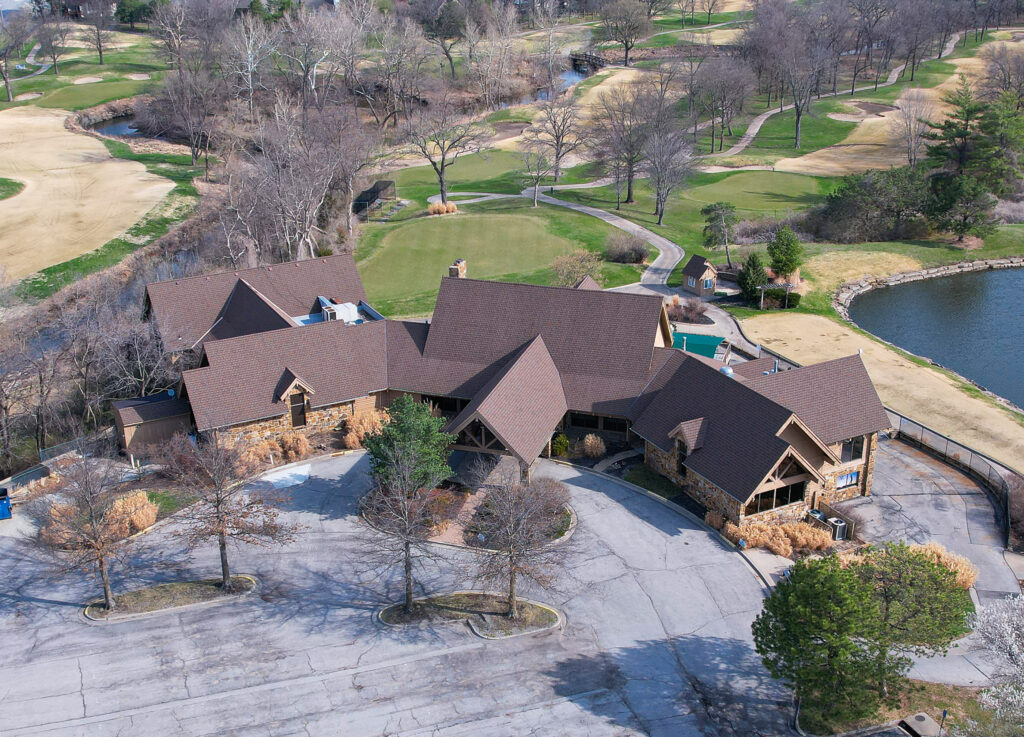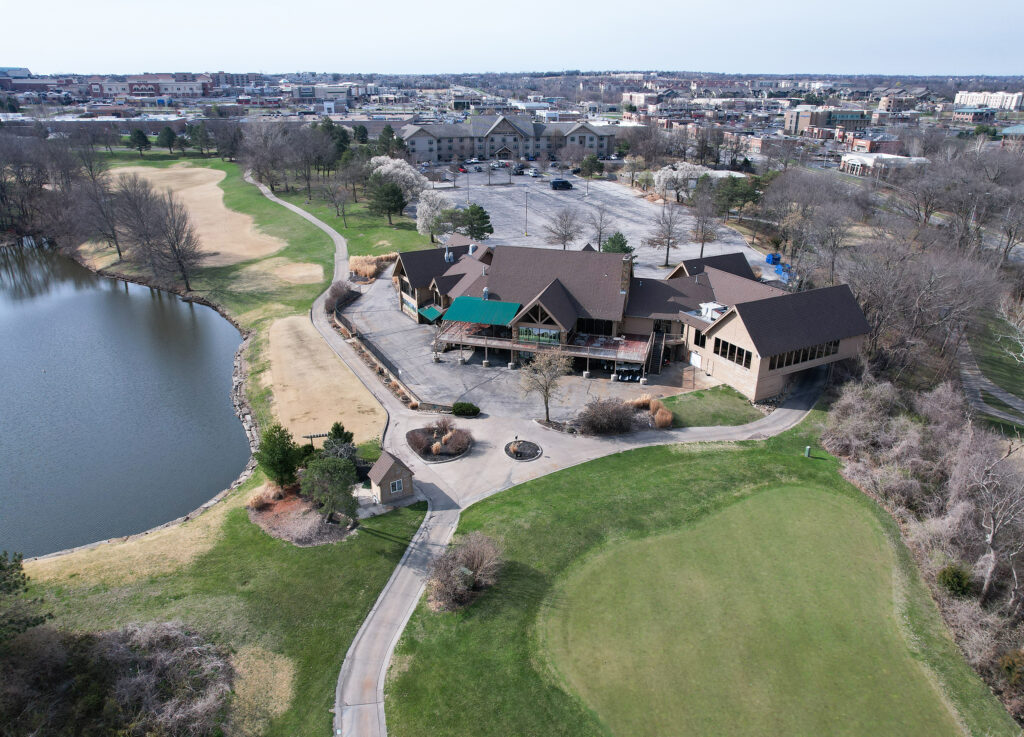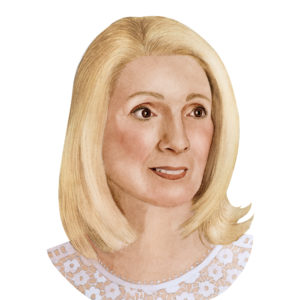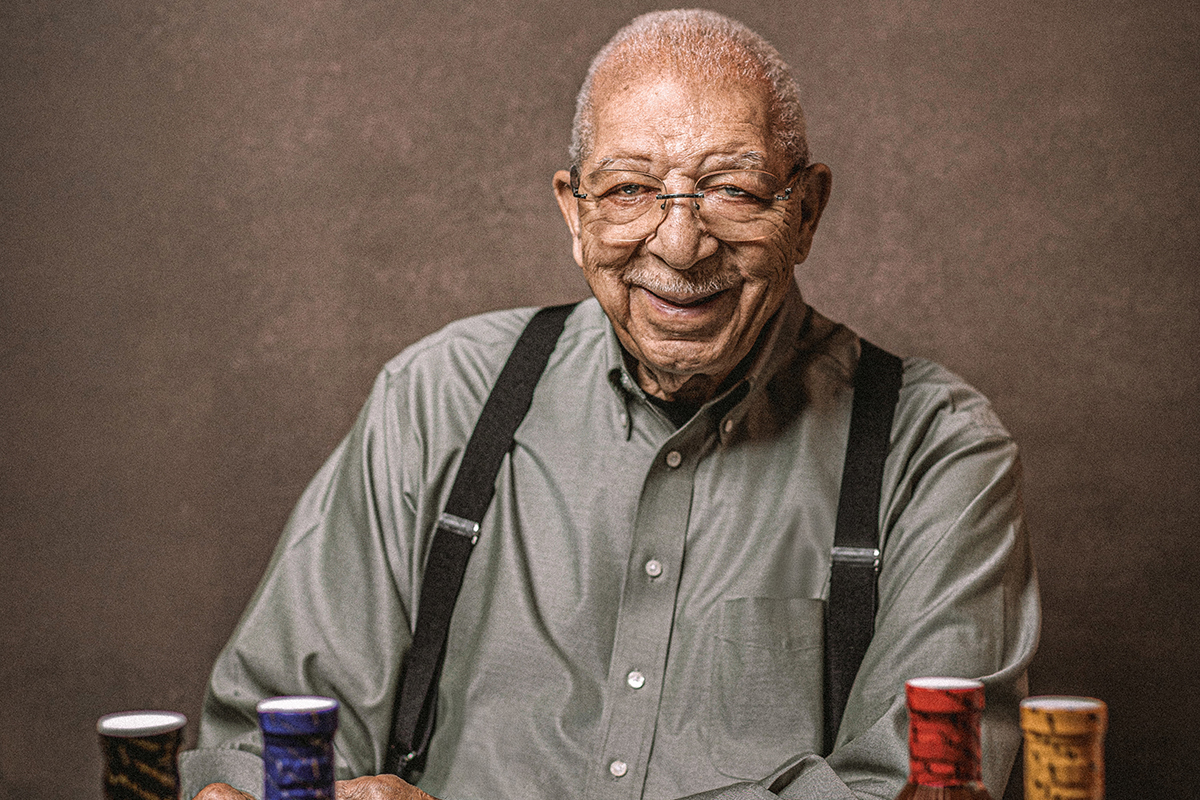For more than a century, most of Kansas City’s upscale neighborhoods have been built with golf courses as the main attraction. From Mission Hills to Loch Lloyd, a home on a golf course has been seen as the fulfillment of many an American Dream.
So when homeowners in Overland Park’s Deer Creek development were told that their golf club would be closing on April 1, they reacted with understandable dismay.
Because of concerns regarding the condition of Deer Creek’s golf course, its owner, GreatLife KC, had proposed a plan to build a $65 million apartment complex that “would save the course and stabilize and mitigate the erosion issues on it.” The Overland Park City Council denied the proposal, dooming the course.
Brett Klausman, president of GreatLife KC, issued a statement that said although the company had worked hard to save the golf course, “the next phase for the land where the golf course sits is in development.”
Because golf courses are often located on prime real estate, developers lick their chops when courses have to close their doors. In 2004, Old Leawood Country Club was sold and, after a decade of planning, used for large new homes.
In 2014, Homestead Country Club underwent major renovations and sold part of its property to a residential developer. Meadowbrook Golf and Country Club in Prairie Village also closed in 2014, and its hundred-plus acres were developed into a park and a mix of residential and commercial property. Similar plans are being made for Brookridge Country Club in Overland Park.
According to the Pellucid Corporation, a market research company based in Illinois, the number of golfers in this country declined by nearly ten million between 2002 and 2016. Nationally, more than a thousand golf courses have closed since the sport’s peak in 2003 and more than four hundred closed between 2017 and 2019 alone.
Trend watchers began to wonder: Were country clubs going the way of the buffalo?
Then came the coronavirus. Golf became one of the few “safe” social activities. According to the National Golf Foundation, national golf course closings declined by half from a peak two years ago, and golfers played twenty-five million more rounds of golf. Although the average age of a golfer is fifty-four, Forbes reported that more women and young people had become interested in the sport, fueling a resurgence that could make Deer Creek an outlier.
Kansas City called nine local country clubs, and almost all responded that membership was now at or near capacity, with some running a waitlist. Several said that Deer Creek’s corporate ownership—most country clubs are run by members—meant that a lot of money could be made by using the property for new construction in a booming housing market.

Michael Stacks, general manager for Indian Hills Country Club for twenty years, believes that in past years, several golf clubs closed because of over-building. Indian Hills, however, will soon celebrate its hundredth anniversary.
Stacks says that because the pandemic allowed more people to have the option of working from home, a renewed interest in being active outdoors has created a high demand for tee times. “We used to see members leave and be replaced quickly,” Stacks says. “But now people aren’t leaving.”
Likewise, Milburn Country Club’s general manager James Nanson has also seen a widespread interest in club membership develop.
The irony that the Covid-19 pandemic would actually be the salvation of country clubs and the game of golf is not lost on Rob Sislowe, membership director for Nicklaus Golf Club at Lionsgate.
“Golf offers the perfect balance in these difficult times,” Sislowe says. “It combines social distancing with camaraderie and recreational activity.”






